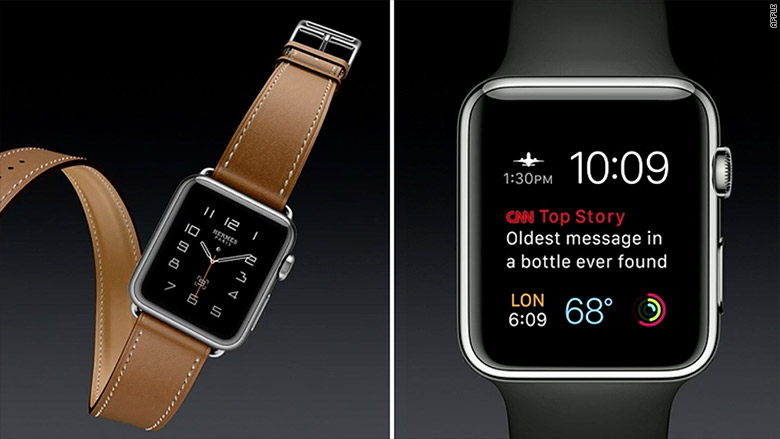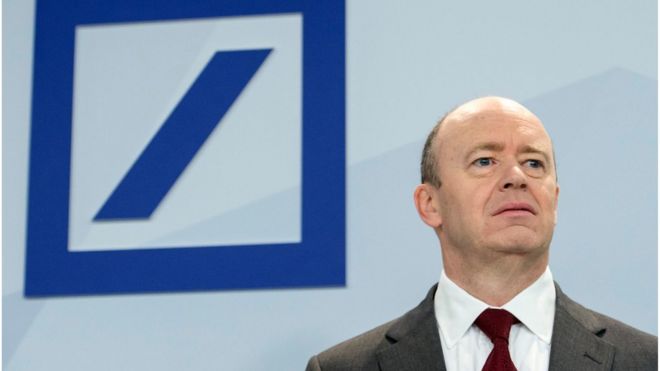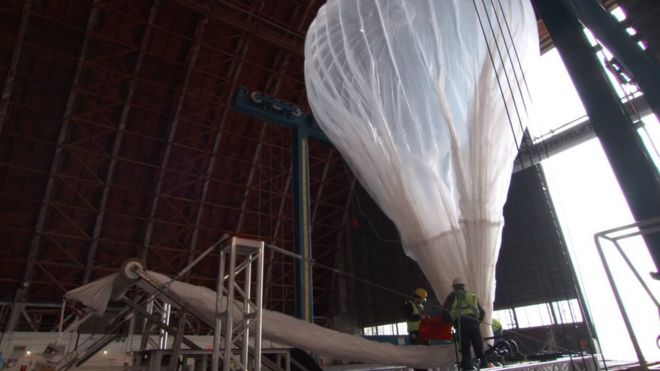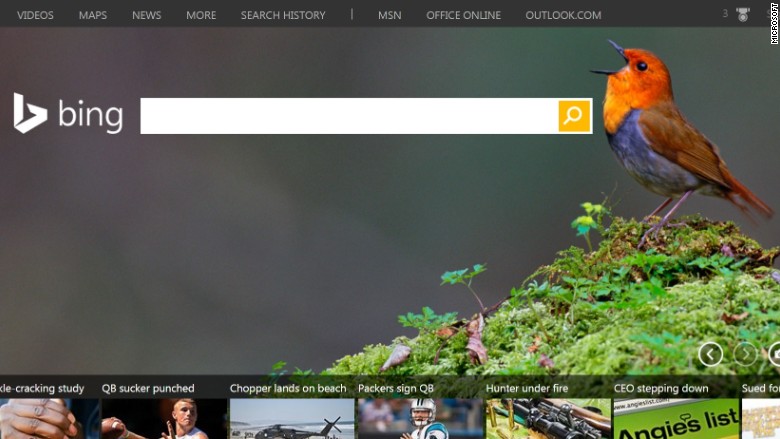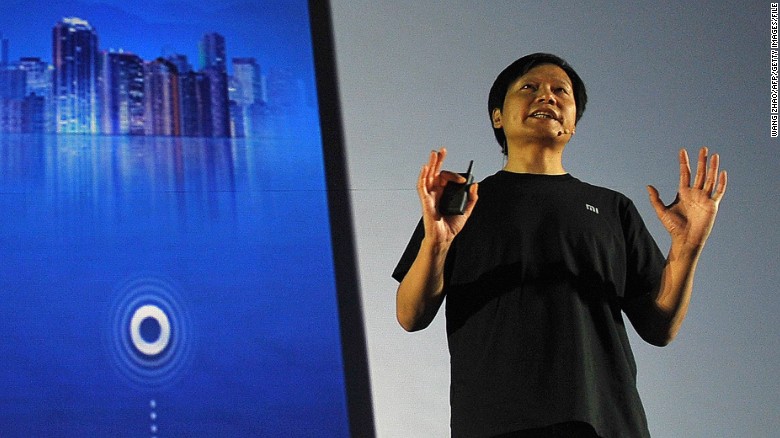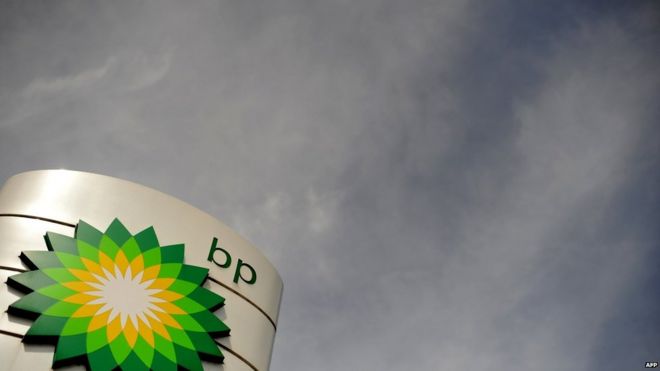
Oil giant BP has reported a fall in profits due to lower oil and gas prices.
Replacement cost profit between July and September was $1.23bn (£802m), compared with $2.38bn a year earlier. Total revenue was $55.9bn against $94.8bn a year ago.
The oil price dipped below $50 a barrel in the quarter, while it was above $100 for much of the same period last year.
Prices have dropped due to oversupply and weaker demand.
On an underlying basis, profit for the third quarter was $1.8bn, down from $3bn a year earlier but higher than analysts' estimates of $1.2bn. BP's share price rose 1.8% in early trading, reflecting these higher-than-expected earnings.
Replacement cost profit is a standard measure used in the oil industry that takes into account the price of oil.
Reflecting the tougher environment across the industry, the company's capital expenditure for the period fell to $4.3bn, down from $5.3bn. BP continued to rein in spending estimates for 2015, which it now expects to be about $19bn compared with the $24bn-$26bn forecast a year ago.
The company also announced that the total cost of the Deepwater Horizon oil spill in the Gulf of Mexico in 2010 would reach $55bn, higher than previous estimates.
Earlier this month, the company said it had agreed to pay $20bn to settle claims in the US.
To meet these costs, it is selling off assets, and expects to divest $10bn this year, with another $3bn-$5bn in 2016.
BP also said it was maintaining its dividend at 10 cents a share.
